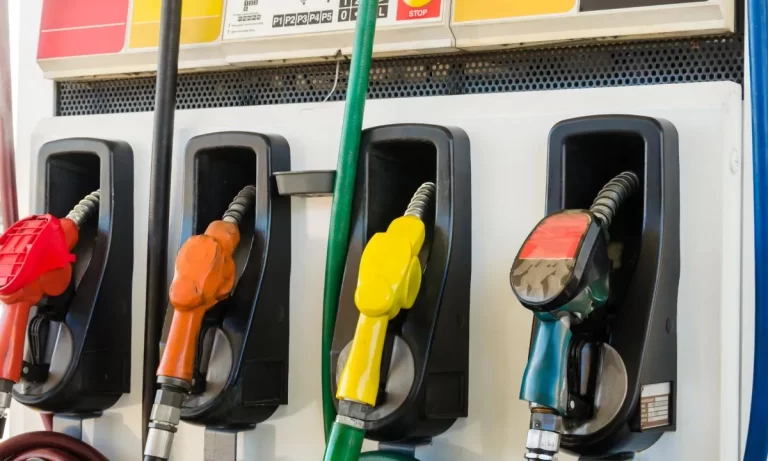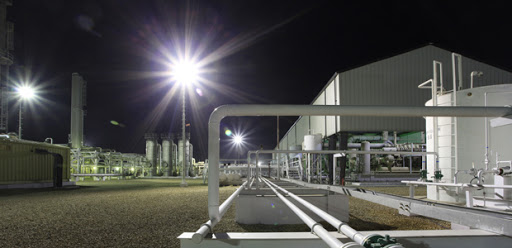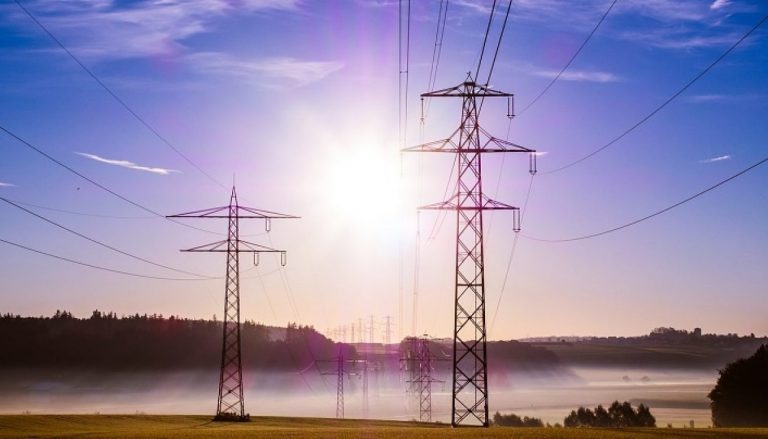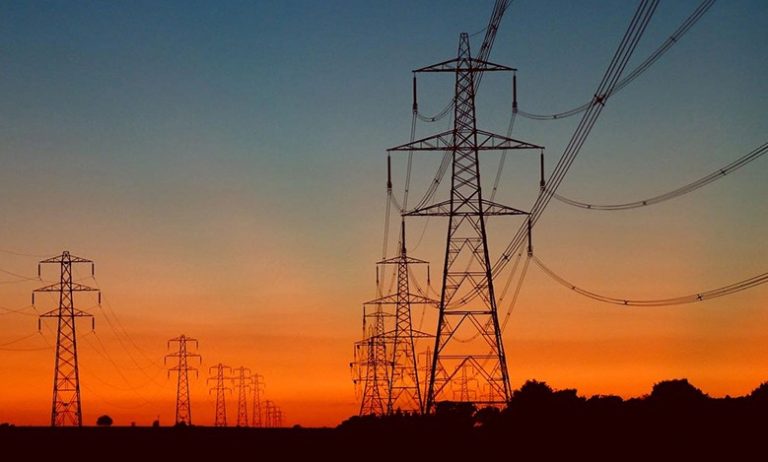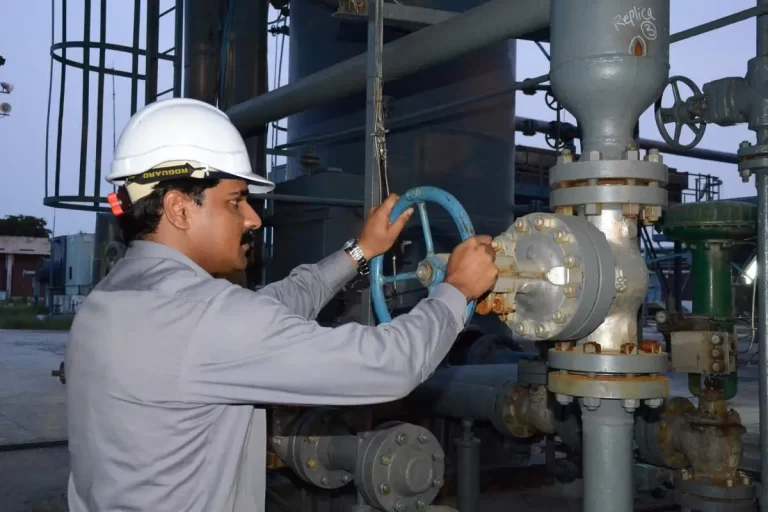Pakistani Refineries Set for Euro-V Compliance and Capacity Boost
By Newztodays Team
Pakistani refineries are for Euro-V compliance after the completion of expansion and upgrades in three to five years.
They will increase motor gasoline capacity by 99% and diesel by 47% per day, while fuel oil throughput is expected to record a decline of 78%, according to a report by a Karachi-based broking firm.
Currently, Pakistan has five oil refining units: Pak-Arab Refinery, Attock Refinery, National Refinery, Pakistan Refinery, and Cnergyico Pak. All of them are based on hydro skimming technology, except for PARCO, which has a mild conversion refinery.PRL signs an agreement with Ogra to avail Refineries Incentives
The refineries currently have a capacity of 10,702 mt/day of motor gasoline, 21,237 mt/day of diesel, and 15,417 mt/day of fuel oil, as stated in the report by Karachi-based Arif Habib Ltd..
After the completion of the upgrade and expansion, the report anticipates the capacity of motor gasoline to reach 21,251 mt/day, showing an increase of 99%. Similarly, the throughput of diesel is expected to increase by 47% to 31,288 mt/day, while the fuel oil capacity is projected to decline by 78% to 3,414 mt/day.
In August 2023, the Pakistani government introduced a policy calling on local refineries to completely halt the production of fuel oil and opt for Euro-V motor gasoline and diesel production, a process estimated to take approximately four to five years to complete.
Pakistan’s refineries have outlined a five-year plan, with an investment outlay of $4-$5 billion, to convert the units, opting for Euro-V and eliminating the throughput of fuel oil.
The report states that Pakistan’s total average requirement for petroleum products over the last five years stands at 24 million mt, out of which 11.35 million mt have been produced by local refineries from a 20 million mt refining capacity. The rest, or 12.90 million, were imported annually to meet domestic demand.
According to report, fuel oil demand is plummeting amid lower off-takes from power generation companies with the change in the country’s energy mix over the last three to four years. Due to this, refineries reduced their overall production, resulting in lower utilization, according to the report.
Fuel oil consumption has declined considerably; in the eight months ending Feb. 28, 2023, sales dropped by 13% to 10.18 million mt compared to 11.69 million mt in the corresponding period of the previous year, according to data from the Oil Companies Advisory Council (OCAC), the authority that compiles data on consumption, import, and export.
Pakistani refineries have started exporting fuel oil to reduce stockpiles. In the seven months ending Jan. 31, 2024, refineries exported around 522,394 mt of fuel oil, while in the year ending June 30, 2023, overall exports stood at around 276,979 mt, according to OCAC data.
The country’s crude oil imports in the seven months ending Jan. 31, 2024, rose by 7.7% to 4.894 million mt compared to 4.543 million mt in the corresponding period, according to data from the Pakistan Bureau of Statistics.
Following the completion of its expansion plan, Cnergyico’s motor gasoline capacity is expected to increase to 6,500 mt/day from 3,500 mt/day. PARCO’s capacity is projected to increase to 5,493 mt from 3,678 mt. Additionally, Cnergyico’s diesel capacity is expected to increase by 29% to 11,000 mt, while PARCO’s diesel capacity is expected to increase by 44% to 8,082 mt, according to the report from the broking firm.”



